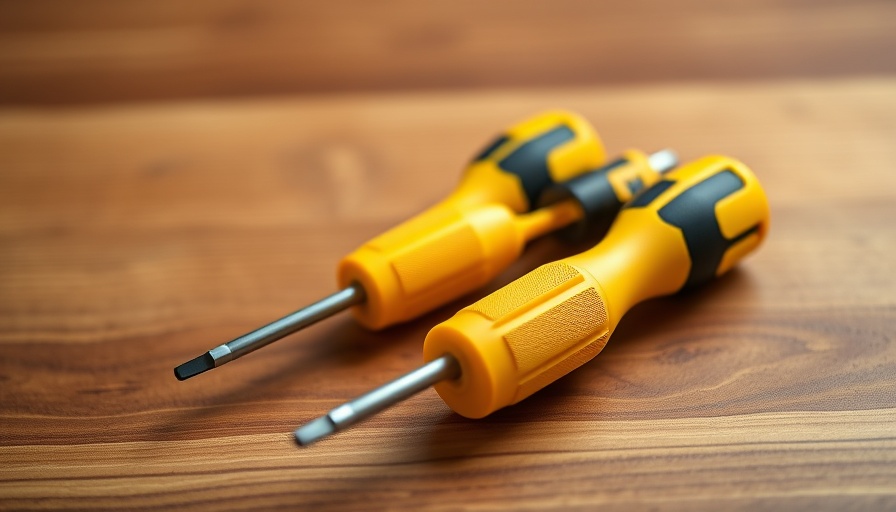
The Rising Tension in Auto Sales: California Dealers Take Action
California auto dealers are making headlines as they file a lawsuit against Honda's U.S. division and Sony Honda Mobility over alleged violations of state franchise laws. This legal battle revolves around the launch of the Afeela brand vehicles, prompting significant concerns about the future of traditional car dealerships in a rapidly evolving automotive landscape.
Understanding the Franchise Law Violation
The lawsuit, filed in the Los Angeles County Superior Court, alleges that the direct sales of Afeela vehicles directly violate the California franchise laws. According to the California New Car Dealers Association (CNCDA), a recent state law prohibits automakers from competing with their franchised dealers through affiliated brands. The CNCDA's president, Brian Maas, argues that this move constitutes “a direct attack on the 161 franchised Honda and Acura dealers in California,” jeopardizing their investments and consumer protections.
Direct Sales and Consumer Protection: A Balancing Act
The CNCDA's lawsuit seeks to halt Afeela sales immediately and enforce the franchise law's provisions. This legal action emphasizes the vital role that franchised dealers play by providing local service support, transparent pricing, and warranty assistance to consumers. Without these protections, consumers could face challenges that undermine the trust built between auto dealers and their communities.
Insights into the Evolution of the Auto Industry
The move toward direct sales by automakers reflects a larger trend within the automotive industry, as more companies migrate towards digital business models. With the growing acceptance of online sales and automated processes for purchasing vehicles, traditional dealerships are understandably concerned. Dealers fear that these trends could diminish their relevance, especially as younger generations show a preference for digital interactions.
Counterarguments: Support for Innovation in Auto Sales
While the CNCDA represents the interests of dealers, the counterargument lies in the innovation and potential benefits direct sales could provide consumers. Advocates for the Afeela brand might argue that this model can offer better pricing and streamlined experiences for tech-savvy buyers who prioritize convenience over local dealership relationships. This ongoing discussion poses important questions about how the automotive market can adapt to modern consumer preferences while preserving community-driven auto sales.
What This Means for Auto Dealers and the Future of Sales
As auto sales transition towards a more digital landscape, there are both risks and opportunities for dealerships. Understanding current auto sales training trends and embracing automotive training courses could enable traditional dealers to equip themselves for the realities of a changing market. Utilizing digital business models while maintaining strong customer relationships could be crucial for dealerships wanting to thrive.
What Steps Can Dealers Take?
For dealers looking to navigate these uncertain times, investing in automotive classes online can empower them with innovative sales techniques and enhance their knowledge of evolving consumer expectations. By integrating online insights while preserving their core values, car dealers can adapt effectively to both direct sales pressures and market demands.
The Path Ahead: A Call for Community Support and Engagement
As this legal battle unfolds, it serves as a reminder for dealers across California to rally together. The challenge posed by direct sales from manufacturers highlights the importance of protecting local dealership operations that support their communities. If the auto industry is to evolve successfully, collaboration among dealers will be vital.
For more info call: (860) 707-9125.
 Add Row
Add Row  Add
Add 




Write A Comment